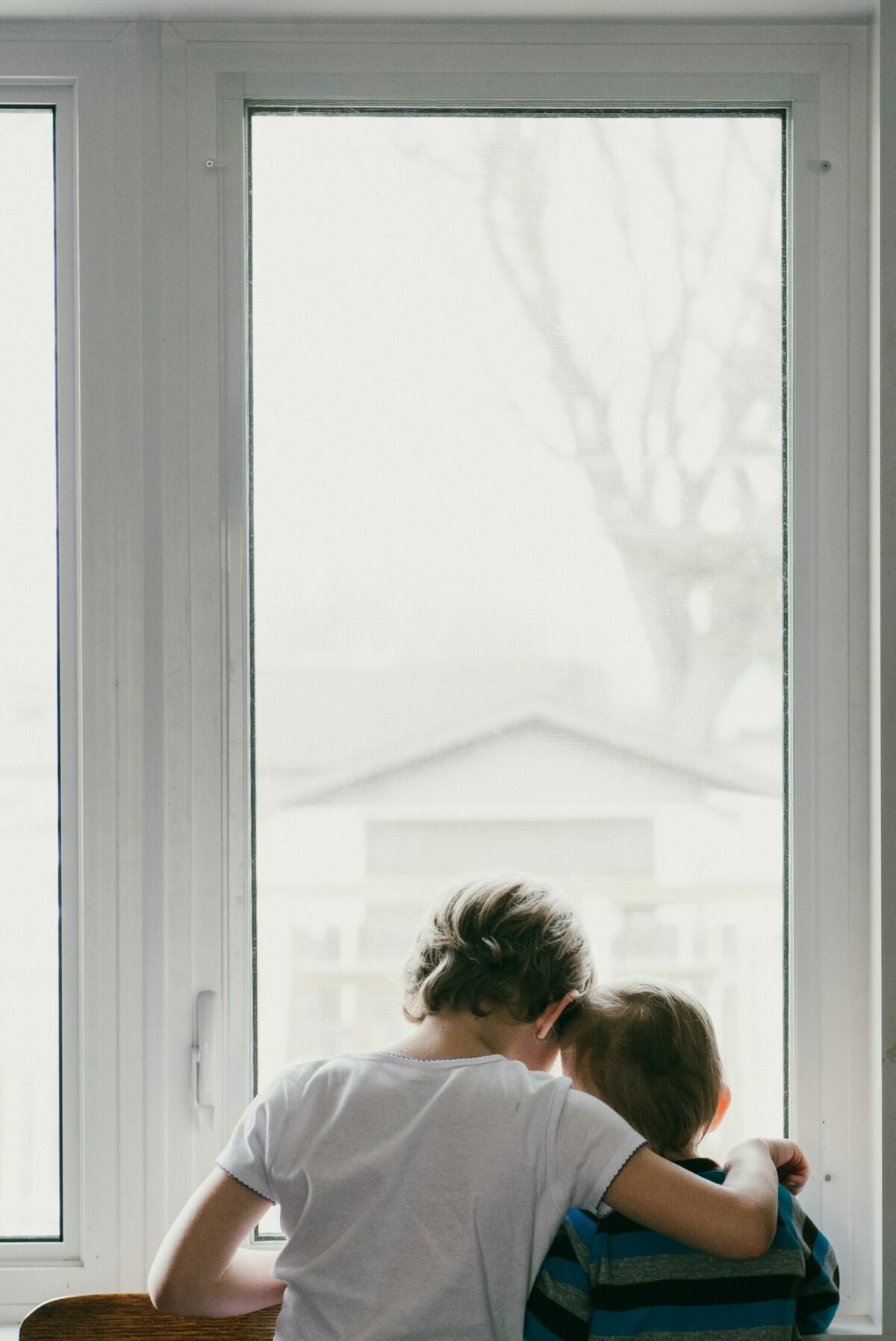
December 15, 2022
Lead & Inspire With Kindness
SHARE
When was the last time someone was kind to you?
There’s an old saying that says, “Kindness is contagious.” Being kind and doing kind things light up the brain’s pleasure centers for the person being kind and the recipient.
Kindness triggers the brain to release serotonin and oxytocin. Serotonin makes you feel happier, and oxytocin makes you feel close because it’s a bonding hormone.
According to research, kindness spreads kindness.
Whether it’s opening a door, paying for the person’s coffee behind you, or simply smiling and saying “hi,” kindness spreads.
How far-reaching can helping others be?
Everyone Benefits
It feels good to be kind and brighten someone’s day. It’s called the “helpers high.”
And, of course, the recipient enjoys being treated kindly – to be thought of, acknowledged, and cared for.
Kindness creates a cycle of good feelings that ripple outward to others.
Thanks to the hormones serotonin and oxytocin, it feels so good to be kind that you want to do it again.
And the recipient wants to pass along the good feelings you’ve brought to life within them, so they pay it forward.
Observers Benefit
People who witness kindness in action benefit from something called “moral elevation. “Moral elevation is a positive emotion experienced when witnessing a virtuous act, one that improves the welfare of others (Algoe & Haidt, 2009).”
Moral elevation is a feeling of warmth and expansion accompanied by admiration and affection for the person doing the kind act.
Kindness creates certain feelings in everyone involved in the act, whether giver, recipient, or observer, because of the positive feelings created within the peripheral and central nervous systems.
The warm, sometimes euphoric feelings created by these neurophysical connections make you feel like doing something good, perpetuating the cycle of kindness.
Social Learning Theory
According to social learning theory, the study of how groups interact, people behave similarly to what they observe modeled in their peer group or their families. It’s kind of the whole “birds of a feather” kind of thing.
Children raised in caring families with displays of kindness believe compassion is the norm and are likelier to display those traits.
Kindness is potently contagious when practiced within social groups.
With the holidays upon us, it’s easier than ever for you to make a difference in your corner of the world by blessing others with random acts of kindness.
If you want the world to be a little bit kinder, happier, and warmer, then be kind, happy, and warm to those around you, whether they’re friends, family, or strangers.
The deck is stacked in our favor when it comes to being kind – it’s almost as if it takes more work and effort to be unkind. So, make an impact! And ignite change, leading with kindness.
